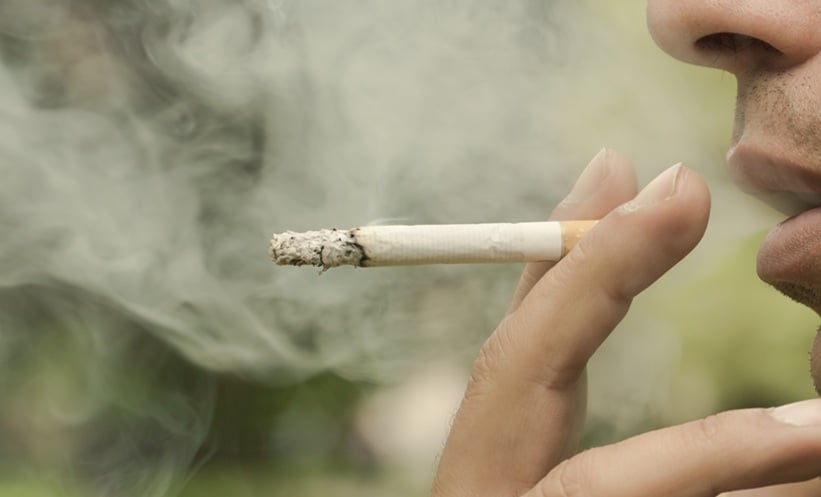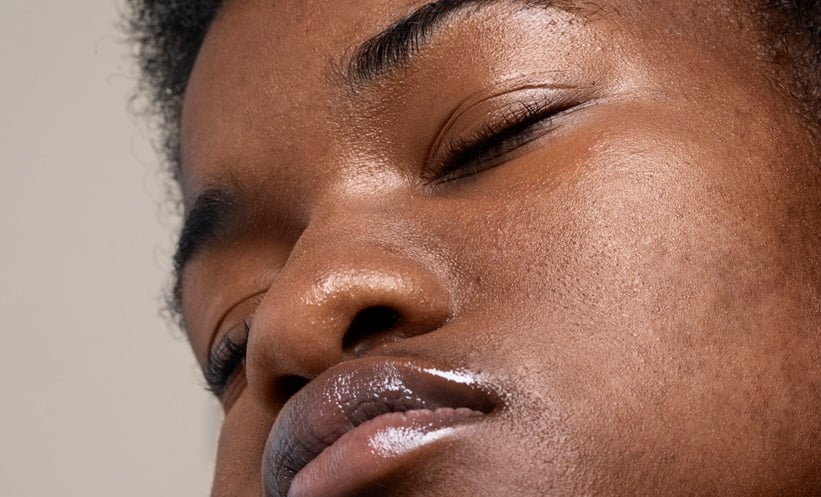HIDRADENITIS SUPPURATIVA (HS) is a chronic, painful inflammatory skin disease that severely impacts quality of life. Although its precise cause is not fully understood, environmental factors such as smoking have been implicated in worsening disease among those who are genetically predisposed. Despite the well-recognised association between smoking and HS, the clinical implications of smoking history and behavioural changes remain uncertain. A recent study sought to clarify the relationship by evaluating the effect of smoking status and smoking behaviour on disease severity and treatment outcomes.
The research analysed patients with hospital-diagnosed HS across two independent prospective cohorts. In Cohort 1, data from 787 participants revealed that current smokers, who comprised 53.9% of the group, were more likely to present with severe disease, including Hurley stage III, higher International Hidradenitis Suppurativa Severity Score System (IHS4), poorer Dermatology Life Quality Index (DLQI) scores, and greater overall disease-related bother, compared with those who had never smoked. Increasing pack years and cigarettes per day initially appeared linked to greater disease severity, though these associations lost significance once adjusted for age and sex. Importantly, smokers receiving tetracycline treatment showed significantly smaller improvements in IHS4, DLQI and disease-related bother than non-smokers.
Cohort 2 examined the impact of changes in smoking behaviour over time. Interestingly, both smoking cessation and smoking initiation were associated with an increase in self-reported disease severity after 12 months of follow-up, suggesting that any disruption in smoking patterns may temporarily exacerbate symptoms.
Overall, the findings highlight that HS patients who smoke not only carry a higher disease burden but also respond less effectively to treatment. While short-term worsening may occur with changes in smoking behaviour, the long-term benefits of cessation in reducing morbidity, mortality, and improving treatment outcomes remain compelling. The study reinforces the importance of integrating smoking cessation counselling into the routine management of HS.
Reference
Poulsen AH et al. Impact of smoking on disease severity and treatment outcomes in hidradenitis suppurativa. Abstract 4133. EADV Congress 2025, 17-20 September, 2025.








